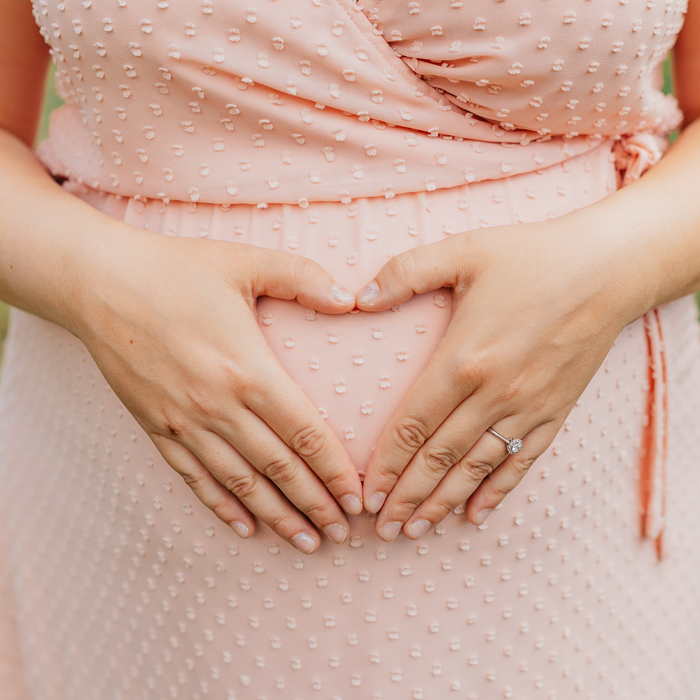Female fertility is a complex topic influenced by many factors, with age being one of the most significant. What are the chances of natural conception after the 40th birthday, and how can assisted reproduction help in this regard?
What are the chances of getting pregnant after 40?
A woman’s reproductive age typically refers to the period from her first to her last menstruation. Unlike men, who produce new sperm throughout their lives, women, however, have an egg supply created already in the prenatal stage. The eggs are therefore a few months older than the woman herself.
Therefore, biologically, a woman’s body is best prepared for pregnancy in young adulthood, with the ideal biological age for a first-time mother being around 25 years old. After the age of 30, women begin to experience a gradual decline in fertility. The quality and quantity of eggs start to decrease progressively. After the age of 40, however, the decline becomes significant. Still, pregnancy is certainly not out of the question, but the chances of natural conception are around five percent.
Pregnancy after 40 is not without risks
The higher age of the expectant mother is associated with a higher risk of complications during pregnancy, as well as a higher incidence of genetic defects in the baby. The risk of a 25-year-old woman giving birth to a child with Down syndrome is 1 in 1350. A forty-year-old pregnant woman, however, faces a risk of 1 in 100 for Down syndrome, and four years later, even 1 in 30. Women are therefore recommended to undergo the non-invasive PrenatalAdvance test, which detects, from the pregnant woman’s blood, the most common chromosomal abnormalities in the fetus from the tenth week of pregnancy.
To go or not to go for IVF treatment?
The decision whether to undergo IVF treatment or not is always up to the couple. However, it may be a suitable option for couples of higher reproductive ages. The chances of naturally conceiving a healthy baby decrease, so assisted reproduction is one of the options for achieving the desired baby.
How IVF treatment is conducted
IVF treatment begins with a series of preliminary tests and examinations that help identify the cause of the problem with conception and, based on the results, determine the optimal treatment. For women over 40, testing the quantity and quality of eggs is crucial. For this purpose, the Femme test is used. This test measures the AMH or Anti-Müllerian hormone level from a blood sample, which is directly related to the egg reserve. It also focuses on TSH and prolactin.
If the test results reveal that the eggs are of poor quality and repeatedly fail to develop into a healthy embryo, then it may be recommended to undergo treatment using donated eggs. In the artificial fertilization process, hormonal stimulation of the woman to obtain an optimal number of eggs for fertilization would thus be omitted. This stimulation would be undergone by a potential donor. The retrieved eggs would then be fertilized by the partner’s sperm, and the resulting embryo subsequently transferred to the woman’s uterus.
Are you around 40 years old and trying to have a baby? Do not waste unnecessary time, so contact Repromeda. We are a clinic for infertility treatment with more than 25 years of experience. Our team of experts in assisted reproduction is here for you at branches in Brno and Ostrava to help you fulfill the dream of having a baby in your arms.



